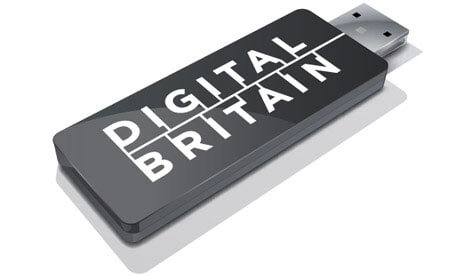The UK culture secretary, Andy Burnham, said today that the government intends to acquire powers to apply “technical measures” to crack down on persistent illegal filesharers on the internet. The Digital Britain report is due to be released later this month, according to Burnham any solution is likely to involve a requirement that internet service providers (ISPs) notify users caught stealing digital content.
Speaking at a Music Week conference about monetising digital music, Burnham said any new legislation would be overseen by Ofcom. Geoff Taylor, chief executive of the British Phonographic Industry, has welcomed the promise of legislation, but said it must go further than forcing ISPs to send educational letters and should be backed up by measures to steer persistent illegal filesharers towards legitimate online services.
Unlawful downloading still accounts for 95% of online purchases, the Pirate Bay website is used by 25 million people around the world – including millions of Britons. It argues that it does not break the law because no copyright content is hosted on its servers; instead, it hosts “torrent” links to TV, film and music files held on users’ computers. Record companies, which claim that illegal file-sharing has cost them billions of pounds in lost revenue, argue that new music will suffer if people continue to download without paying.
Some artists release their music under creative commons licences, take a look at Jamendo. You probably won’t have heard of them, but there might be something you like.


